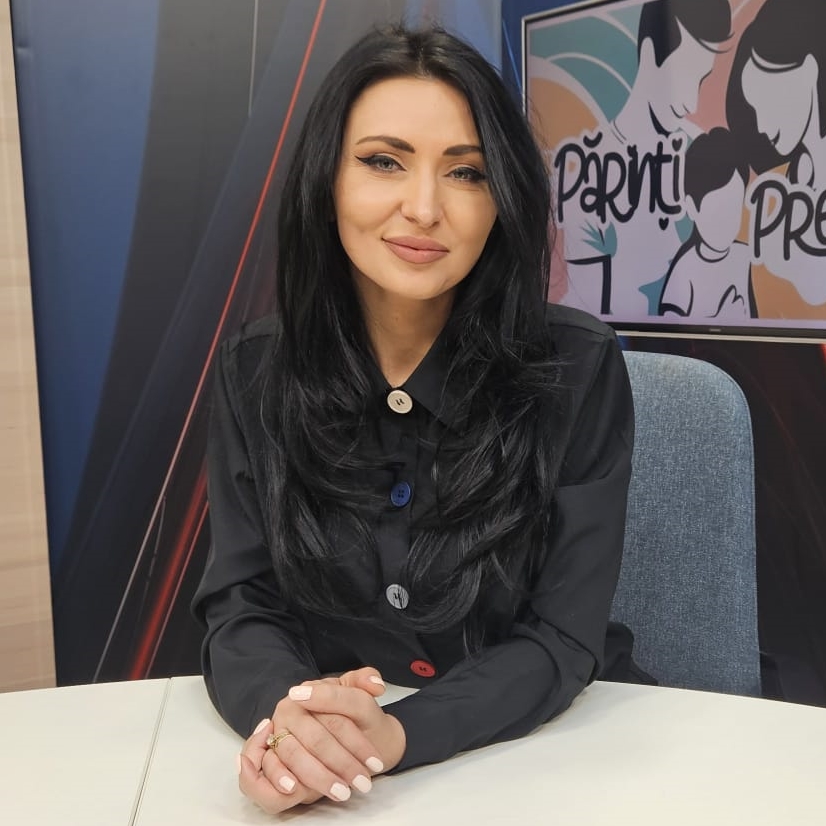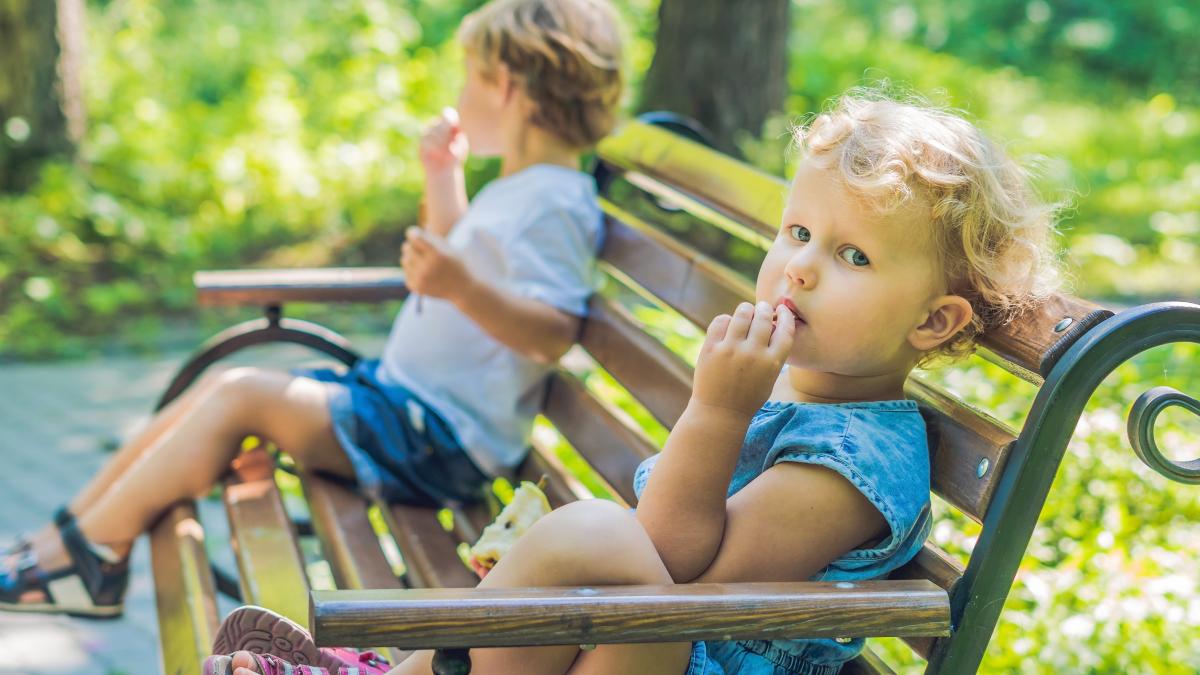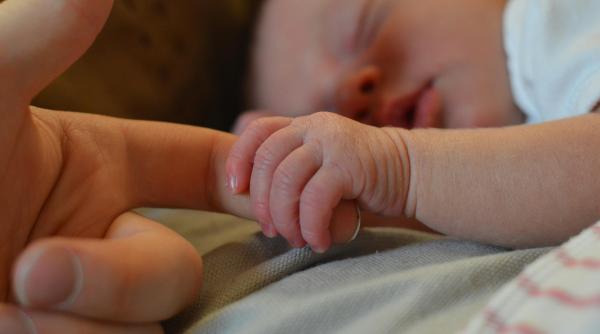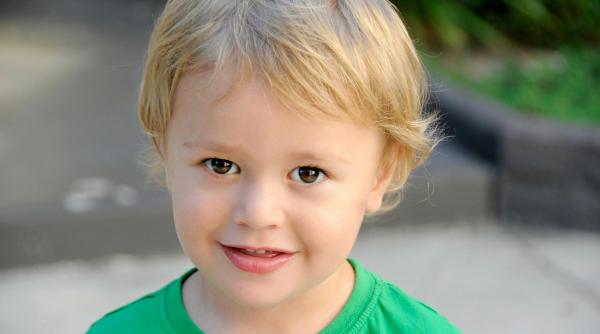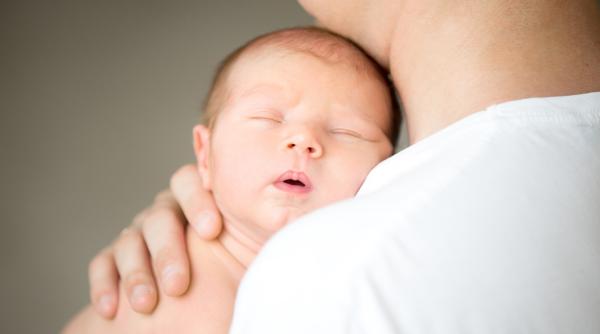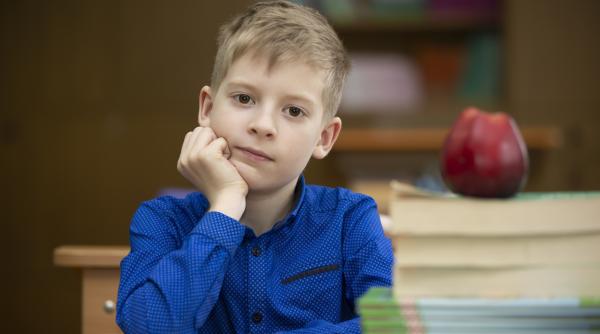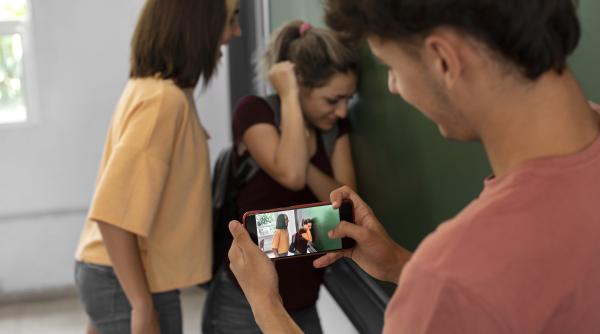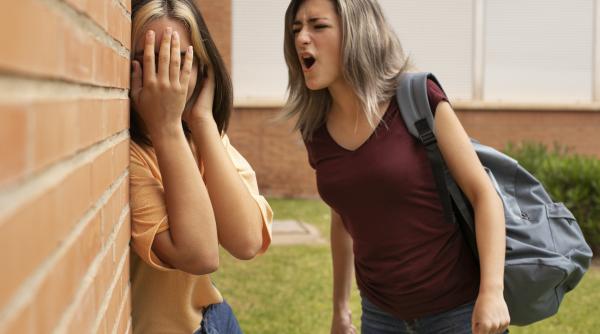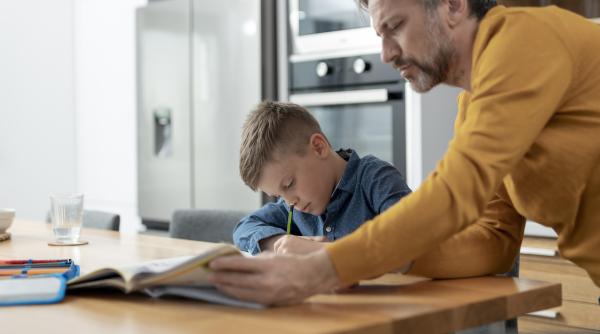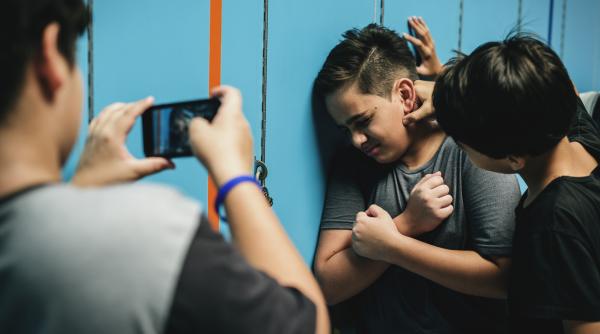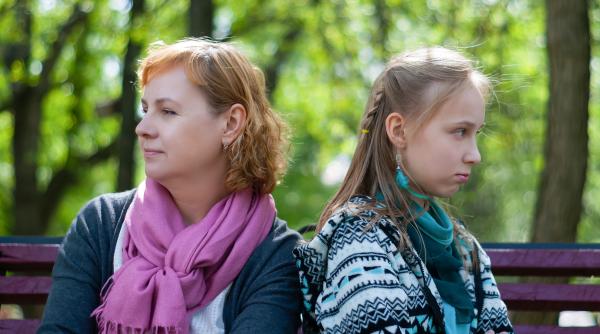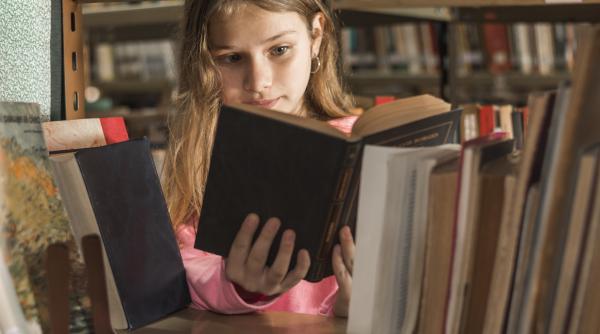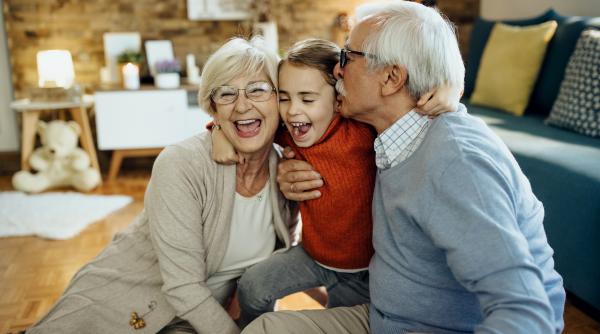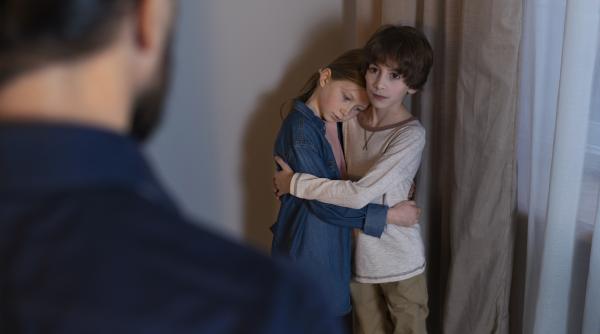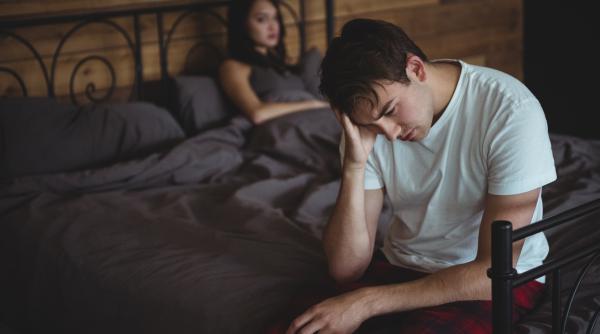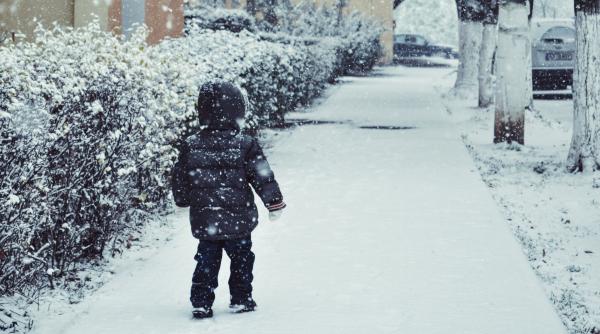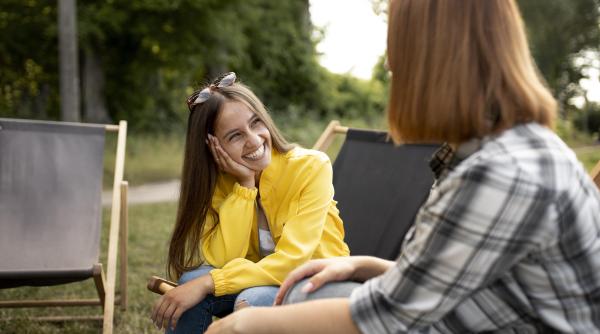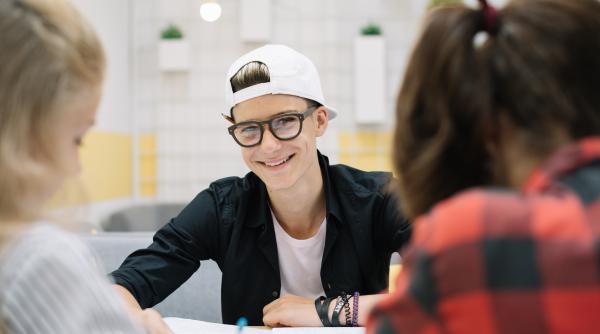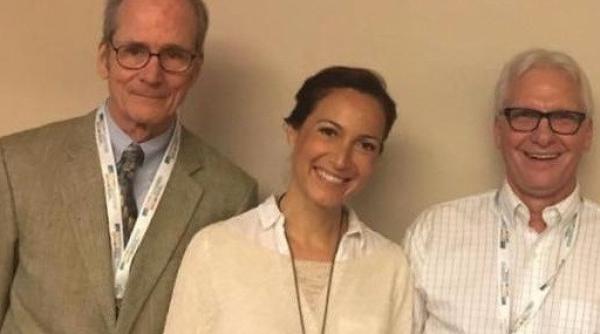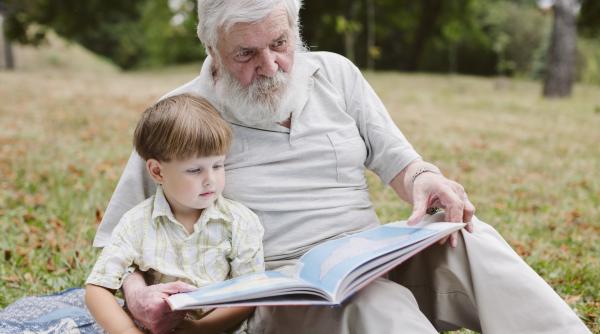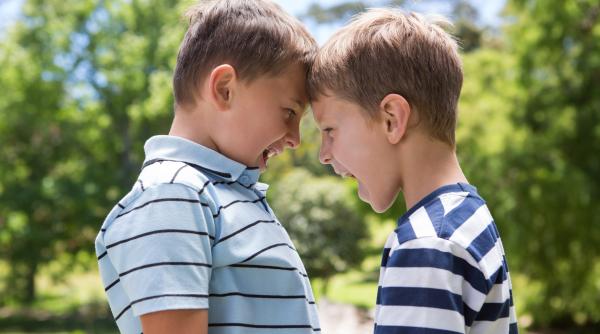Children no longer experience the sensation of hunger because parents, when going to the park or engaging in other activities, always bring snacks or "something to nibble on" with them to ensure that their little ones do not feel hungry.
"There is such a tendency to overfeed children with food and to always have it at hand", noted the specialist in pediatric gastroenterology and nutrition.
The question that arises is how long a child can go without food without being affected.
Dr. Steluța Boroghină responded: "At least two hours - two and a half hours, during which digestion takes place, absolutely nothing happens!
And in the evening, it's good for them NOT to eat right before bedtime. I hear a lot of parents, especially with younger children, who give them at least a bottle of milk before bedtime, or even a meal just before going to bed.
And we would feel unwell and have reflux. We must remember that a child faces the same risks".
Dr. Steluța Boroghină: "Children need carbohydrates, proteins, and fats, in BALANCE!"
Do children need "something sweet" in their diet? Dr. Boroghină offers a clear perspective on this issue and provides practical advice.
"Children need carbohydrates more than adults! They also need proteins because they need them to grow and build, they are like bricks. They also need fats more than adults.
We adults tend to exaggerate with proteins precisely because we believe they won't make us gain weight. Well, in young children, excessive protein intake increases the risk of obesity after the age of 7-9.
As long as everything is in balance and we know exactly how much a child should eat, it's okay. Now, back to sweets. It's perfectly fine if they can have them once every 2-3 days, not daily. And not sugar-free juices or sugar-free sweets because we still develop a taste for sweetness, and then they'll keep asking for sweet things.
If the child knows that today I eat a cake, tomorrow I eat fruit, it's still satisfying the craving for sweetness.
Now, in the park, all the children eat something sweet, all the children eat ice cream. This environment we live in is obesogenic, and an environment where, if you look anywhere, even parks are full of food, kiosks, what a surprise, if they would serve, I don't know, organic food or as healthy food as possible, ultimately even homemade cakes, it wouldn't be a tragedy. But we only find ultra-processed things, only find trans fats, chips, or whatever processed snacks", said dr. Steluța Boroghină on Present Parents, a show by ParintisiPitici.ro.
What are the healthiest sweets?
During a discussion on Present Parents, Dr. Boroghină was asked about options for healthy sweets. The expert's response highlighted the importance of choosing homemade foods adapted to children's needs.
"The ones we make at home where we know what we put in them and where we adapt to the child's age. And ice cream can be healthy!
They should be as simple as possible. Ultimately, even chocolate, if there are no intolerances. So, for a child in good health, there's no problem.
Sweet can also be, for example, yogurt with some cereal flakes to which we add, let's say, a spoon or two of homemade jam, or if not, some chopped fruits. This is an example of how we can replace something highly processed found in stores.
It's indeed easier and much more convenient to buy 5-6 yogurts/puddings and have them at home. But I believe we can make pudding at home too", added the specialist in pediatric gastroenterology and nutrition.
Dr. Boroghină: "The dose makes the poison"
The pediatrician was also asked about natural juices and their effects on health. Her response was clear:
"No, natural juices are not pure health! I, for one, do not recommend them.
The dose makes the poison, that's how we can put it. I mean, if we drink 50 ml of orange juice, the result of squeezing one orange, diluted possibly with water, it might be okay. Although we lose a lot of fiber, we lose certain components of the whole fruit that could help us and bring us other benefits.
That's the problem! Fruit juices are a concentrate! I don't think anyone, let alone a child, can eat three apples, two oranges, and a banana, as much as you put in half a liter.
If you give them 100 ml of this puree, it might be okay, instead of a sweet snack, let's say. But if you drink half a liter, it's the fructose that will predispose you to many things: to deposit in the liver, to have a predisposition to diabetes, to have a predisposition to obesity, and so on.
So, NO! It's better to eat whole fruits. They bring us all their benefits!" dr. Boroghină further stated.

